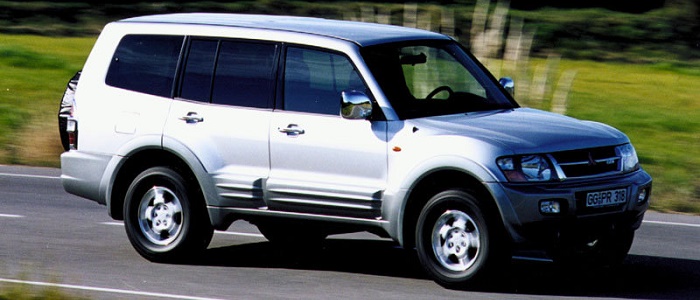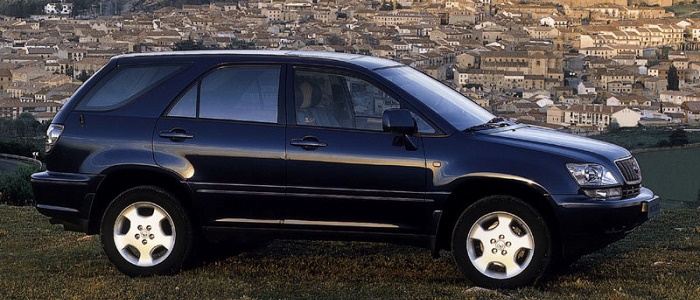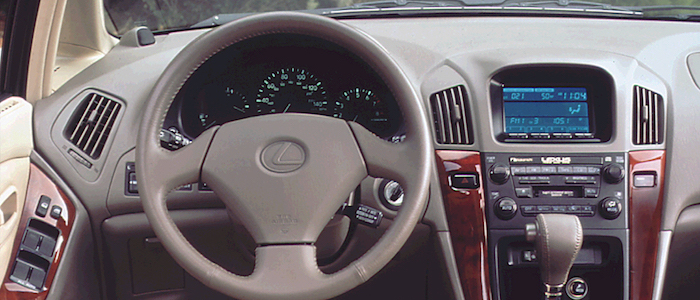Compare two cars
Compare any two cars and get our Virtual Adviser™ opinion
Dimensons & Outlines
Check vehicle history
Engine
Performance (manual gearbox)
Performance (automatic gearbox)
Expenses
Virtual Adviser's™ opinion
Well, these are two pretty similar cars we have here! It's only details that could potentially make the difference. Considering they both belong to the suv segment and utilize the same 5-door suv body style and the 4 x 4 wheel drive system, it all comes up to the specific petrol engine choice they offer. The first one has a Mitsubishi-engineered powertrain under the hood, a 6-cylinder, 24-valves 203hp unit, while the other one gets its power and torque from a 6-cylinder, 24-valves 201hp engine designed by Toyota.
SafetyUnfortunatelly, neither of the two vehicles was submitted to the European New Car Assessment Programme (Euro NCAP) testing. This makes it virtually impossible for me to pick one over the other and I'm generally against buying such cars as the safety should really always come first. That aside, let's consider some other aspects which affect safety. Both vehicles belong to the suv segment, which is generally a very good thing safety-wise, but it doesn't do much to help us decide between the two. Furthermore, if we'd like to consider vehicle mass in this context too, which we definitely should, Pajero offers a considerable difference of 12% more metal.
ReliabilityManufacturers have been building their reliability reputation for decades now and, generally speaking, it appears that Lexus does have a slight advantage, all the models observed together. That's the official data, while our visitors describe reliability of Mitsubishi with an average rating of 4.6, and models under the Lexus badge with 4.9 out of 5. Some independent research have also placed Pajero as average reliability-wise, and RX is more or less at the same level.We should definitely mention that owners of cars with the same powertrain as Pajero rank it on average as 4.0, while the one under the competitor's bonnet gets 5.0 out of 5.
Performance & Fuel economyLexus is undoubtly more agile, reaching 100km/h in 1.4 seconds less than its competitor. Still, it lacks the power to win the top speed competition, topping at 180 kilometers per hour, 10km/h less than the other car. When it comes to fuel economy things look pretty much the same for both cars, averaging around 13.1 liters of fuel per 100 kilometers (22 mpg), in combined cycle.
Verdict
Lexus appears just a bit more reliable, although the difference is truly marginal. The most important thing when deciding between any two vehicles should always be safety, both passive and active. In my opinion, everything taken into account, Pajero offers significantly better overall protection, taking the lead here. When it comes to performance, both vehicles provide similar experience, so I wouldn't point any of them out. Lexus RX still consumps less fuel, which needs to be taken into consideration. It's really tough to make a final decision here, but if I'd need to, I'd say Lexus. Anyway, that's the most objective conclusion I could've came up with and it's based solely on the information found on this website. Aspects such as design, practicality, brand value and driving experience are there for you to measure them out. Also, you could use the oportunity to find out which car, everything taken into account, would be the perfect choice for you in the eyes of the virtual adviser™, among thousands of similar, yet so different vehicles.

































